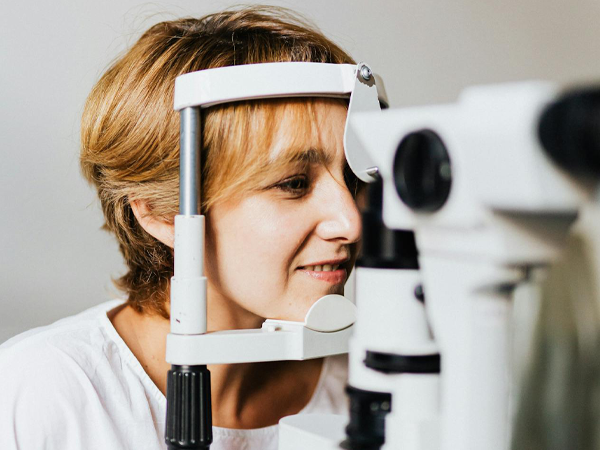
Over the centuries there have been a lot of old-wives tales circulating about eyes and vision. You know, like the one that if someone hits you on the back while your eyes are crossed they will stay that way. Unlike this example, some of these myths do have roots in truth, yet filtering out those truths isn’t an easy task.
Here are a few of the most common myths and truths about the eyes and vision.
- Myth: Eating a lot of carrots will help you see in the dark.
Truth: Carrots have a lot of Vitamin A, a vitamin that is essential for good eyesight, but eating a lot of carrots isn’t going to give you 20/20 vision or help you see in the dark. Likely, the basis of this over-exaggeration is that night-blindness and vision loss found in underdeveloped countries can be a sign of malnutrition due to Vitamin A deficiency. However, you only need a relatively small amount of Vitamin A for vision, and it is easily obtainable in a normal balanced diet from a lot of sources, not limited to carrots.
Higher-than-normal doses of Vitamin A might be useful in treating certain eye conditions and as part of a combination of vitamins used to slow the progression of early-stage macular degeneration. However, in any of these cases, do not take Vitamin A supplements without instructions from your eye doctor.
- Myth: Wearing glasses makes your vision worse.
Truth: People think this is true because often once we start wearing glasses our vision continues to deteriorate and we have to keep going back for a higher prescription. The notion that wearing glasses causes your vision to get worse is simply not true. Distance vision or myopia typically gets worse over time, especially during childhood and adolescence, and does depend on whether the child wears glasses. Additionally, most people begin to experience vision deterioration as they enter their 40’s and 50’s with or without the use of vision correction devices. - Myth: Sitting too close to the TV is bad for your eyes.
Truth: While it may cause your eyes to feel tired, there is no evidence that sitting too close to the TV will harm your eyes or vision. Children in fact have a heightened ability to focus on close objects so often it is natural and relatively comfortable for them to sit close to a screen. - Myth: Reading in dim light can damage your eyes.
Truth: This one also has no good evidence. While yes, your eyes are working harder and may feel tired when reading in dim light, there is no evidence of permanent or long-term damage to your eyes. - Myth: As you get older there is nothing you can do to prevent vision loss.
Truth: While most older adults will eventually develop some degree of presbyopia which is near-vision loss, and eventually cataracts, no sign of vision loss should be ignored. Vision problems like these can be treated, allowing you to see clearly again. Moreover, there are many serious eye diseases such as glaucoma and macular degeneration that can threaten your vision and eyes with permanent and severe vision loss if not diagnosed and treated early. If you are 40 or older, you should have your eyes checked with a comprehensive eye exam on a yearly basis. In many cases, early treatment can save your eyesight. - Myth: Squinting causes vision loss.
Truth: Squinting is a natural reaction of your eyes to let less light into the pupil in order to sharpen your focus. Rather than impairing your vision, squinting is usually a sign that someone can’t see clearly which often suggests that their vision is impaired and that they need glasses to see better in the first place.
Got any other eye myths that you are curious about? Just ask at your next visit to our office. We are happy to help weed out the fact from the fiction.




